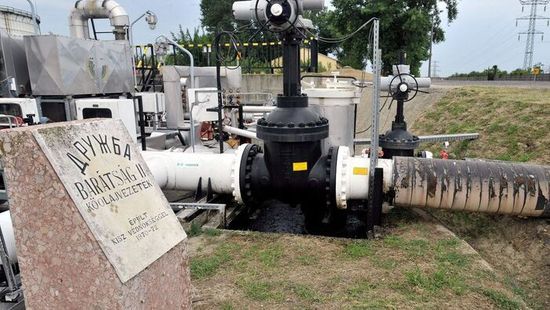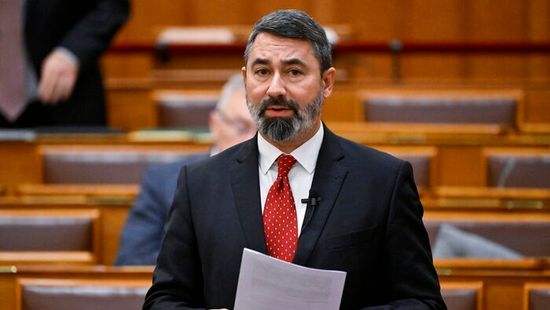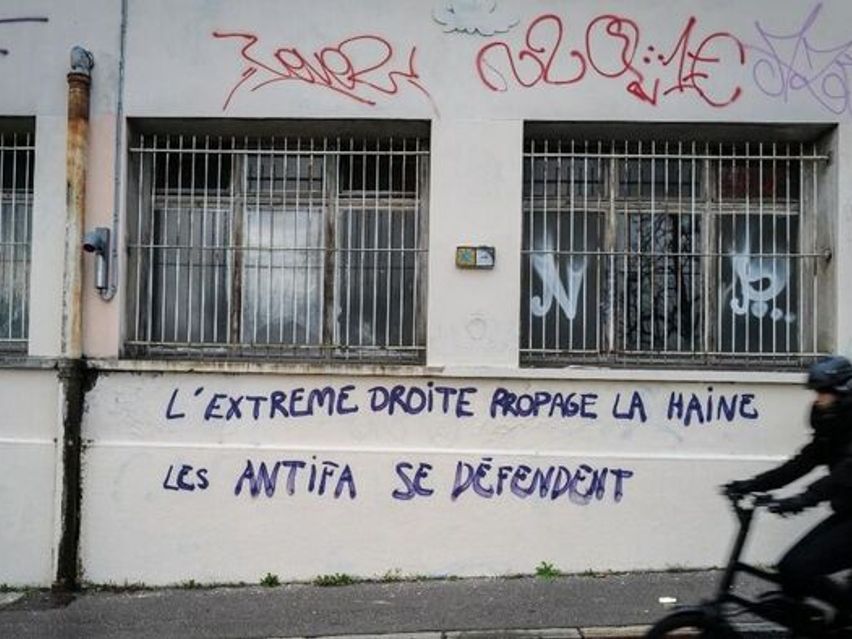– Many European Parliament (EP) group leaders want to have a pivotal part in the monitoring of the national recovery plans. Manfred Weber, Leader of the European People's Party, thinks that, aside from the bureaucratic perspective of the Commission, political elements are also needed. Meanwhile, liberal Dacian Cioloș spoke out in yesterday's debate that he was particularly curious about the Hungarian and Polish plans. How risky is it to continue politicizing the recovery after last year's rule of law clash?
– In my opinion, the European Parliament is unsure of its role, I highlighted this in my written comment. The EP always wants more, and they even want to extend their power in areas they have nothing to do with according to the EU treaties. The rule made for creating the recovery instrument clearly specifies the entitlement of the EP, according to this the Parliament has the right to see the documents and be informed of the process by the Commission. However, the European Commission is the executive branch which assesses the national plans in the next two months, and afterwards the plans go to the European Council.
Therefore, legally, there is no option for the EP to take part in the process or for MEP’s to get internal documents, which are not final reports. Now, however, we see that a decision is being taken in this week's plenary that overreaches that authority.
We saw the same attempts during the debate on the rule of law conditionality mechanism last year. The goal is similar this time: for ideological reasons, public pillorying of the member states who they don’t like. But seeing the debate on Tuesday, my impression is that the members of the Commission will stick to the framework provided by the EU treaties and do their job.
– In the past few weeks, numerous opposition press sources have reported that the consultations with the Commission on the Hungarian plans have not been smooth. How true is this?
– There has been a continual dialogue between the Commission and the government throughout the past few months; the plan has evolved in light of ongoing consultations. In my opinion, this is a natural process
And Brussels has not rejected anything at all.
We were not even late because the Commission itself labeled the April 30th date a guideline. It was in their interest as well that the Member States submit the best plans possible that can be easily assessed and accepted. After all, this is how you can give the green light for disbursing funds fastest. In Hungary, hundreds of organizations could comment on the document, thus consultations with social-regional partners and the European Commission took place simultaneously. It’s also worth taking note that we are dealing with a new practice; the EU recovery legislation contains dozens of requirements on what a recovery and resilience plan should look like. It goes without saying that the contents of the plans have changed – this isn’t any kind of scandalous affair.
The Hungarian left started booing without any reasoning and tried to build a negative image of us now already so that we’d have access to fewer resources.
























Szóljon hozzá!
Jelenleg csak a hozzászólások egy kis részét látja. Hozzászóláshoz és a további kommentek megtekintéséhez lépjen be, vagy regisztráljon!